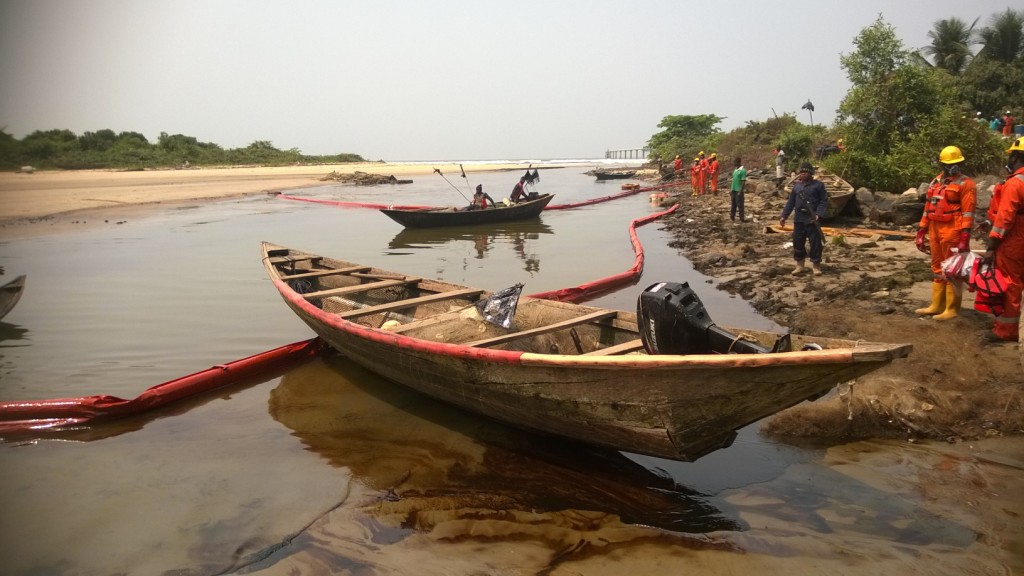News of the agreement by Shell to accept liability for longest drawn case concerning pollution in the Niger Delta appears to have been warmly received by the civil society.

Shell on Wednesday, August 11, 2021, agreed to pay the sum of N45.9 billion compensation to some Ogoni communities of Rivers State ravaged by oil spills some years ago.
The Health of Mother Earth Foundation (HOMEF), on Thursday, saw the resolution of the matter as an interesting indicator that Shell may be waking up to the broader reality of its culpability after several years of polluting the Niger Delta and denying the fact.
HOMEF notes that this case which was instituted in 1991 took a whopping 30 years to get to a final decision. The organisation believes that this Ejama- Ebubu community pollution case is very significant because the spill occurred during the Nigerian civil war and Shell’s initial claims that the spill was caused by third parties eventually fell flat on its face.
Claims of third-party interference or “sabotage” have been a major excuse constantly peddled by polluters to avoid responsibility. This case shows that such claims must be questioned and not accepted on face value.
HOMEF also holds that, considering the widespread nature of the socio-ecological crimes in the oilfield communities, this is the time for government to require that the polluters pay for a comprehensive environmental auditing of the Niger Delta and also deposit at least $100 billion for the kick-off of a region-wide clean-up and restoration exercise.
Director of HOMEF, Dr Nnimmo Bassey, noted: “The case is particularly significant because of the age of the pollution and size of the award made by a Nigerian court and accepted by Shell. Hopefully other communities will call out the polluters before they escape to the high seas as they propose to do!”
Bassey added: “Shell has been a master at dodging responsibilities arising from their extremely polluting exploitation of petroleum resources in Ogoni and other parts of the Niger Delta and has displayed a penchant for using technicalities to ensure that cases aren’t concluded in the lifetime of litigants.”
He nevertheless sees the penalty to be paid by Shell to community as a mere token, or symbolic amount, because no financial value can be placed on the lives lost or sicknesses contracted because of the ecocide committed against the people.
Responding to the judgement, Celestine Akpobari of Peoples Advancement Centre, stated: “Ken Saro-Wiwa predicted that Shell would be brought to book sooner than later. I am happy to see the wicked company in the dock. I am elated to see that the day Ken Saro-Wiwa talked about has come so soon. This company has killed more people in Ogoni and the Niger Delta than the civil war did. This is a lesson to other corporations, governments and even individuals, that nothing we do against the innocent will go unpunished.”
Analysts hope that oil companies will understand that their day of reckoning is here and that the best they can do is to turn a new leaf – stop polluting, stop gas flaring and adequately compensate their victims.
The Ejama-Ebubu case decision took place on Wednesday at the Federal High Court, Abuja.
It will be recalled that Shell recently lost cases related to oil pollution in courts at The Hague and in the United Kingdom.
In the case at The Hague, the company was ordered to compensate farmers from Oruma in Bayelsa State and Goi in Ogoni, Rivers State for damage to the environment suffered almost two decades ago. Shortly after that judgment came a declaration by the Supreme Court in the United Kingdom that Royal Dutch Shell can be sued in their home country for damage done by their subsidiary in Nigeria.
